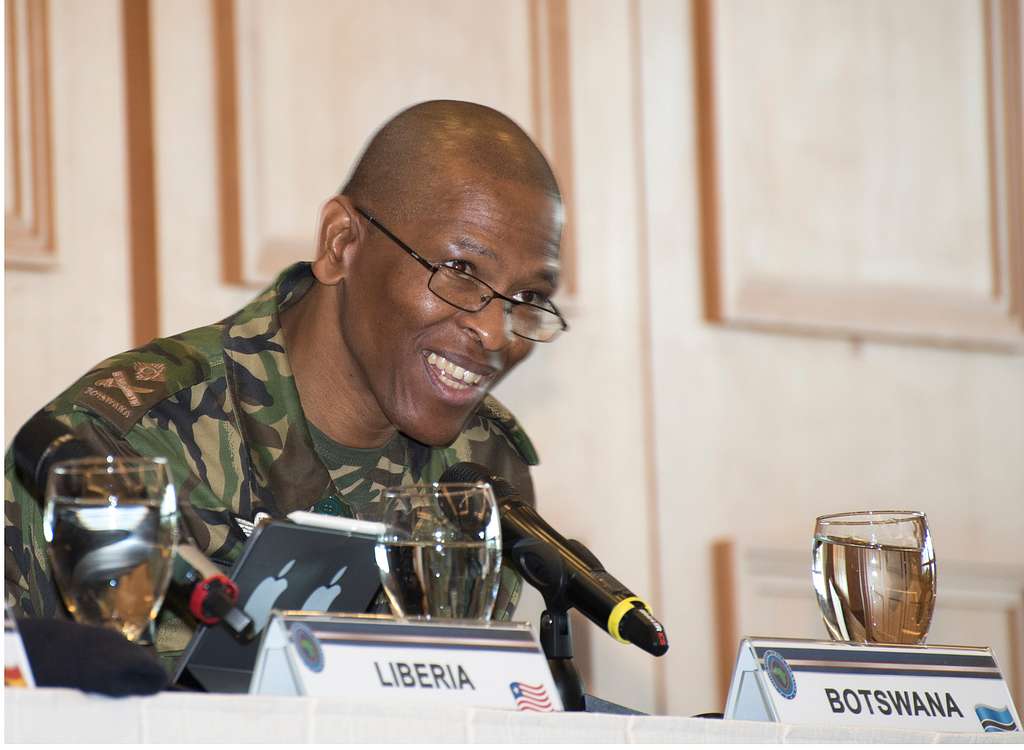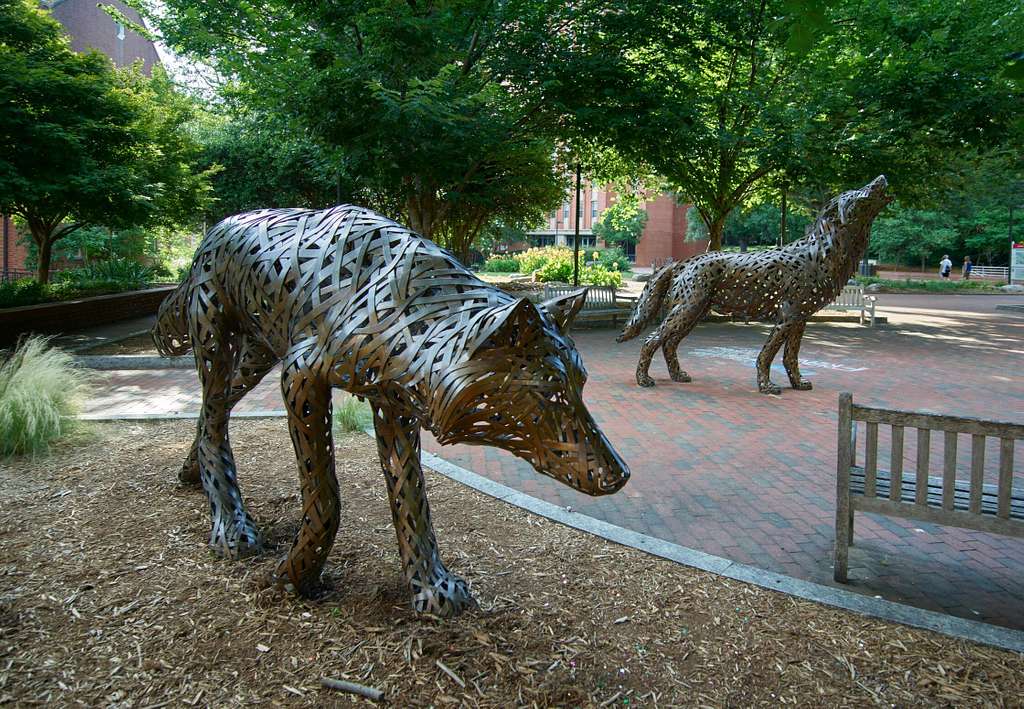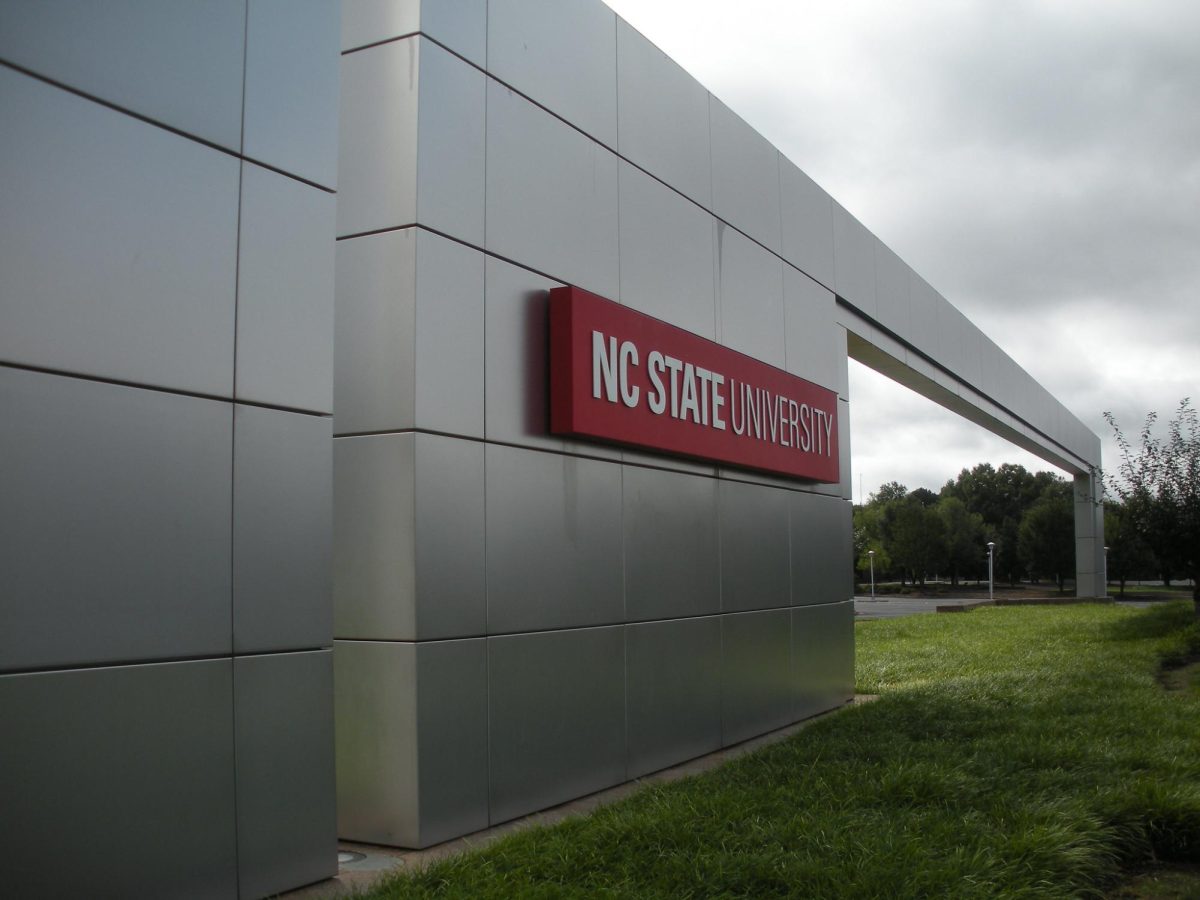On May 22, 3 p.m., at the North Carolina National Guard Joint Force Headquarters, national and local media attended a press conference to interview His Excellency, Mpho Mophuting, Ambassador of the Republic of Botswana.
Ambassador Mophuting discussed the 17-year-long relationship between the Republic of Botswana and North Carolina’s National Guard, which he hopes to extend to 20 years by the end of his term. The North Carolina National Guard has a history of collaboration in SPP engagements with Botswana. Ambassador Mophuting noted that the Republic of Botswana is looking to expand the partnership beyond security efforts with the national guard developing in agriculture, pharmaceutical research, infrastructure, education and more.
His Excellency talked about agriculture in Botswana, which mainly focused on beef production. The Republic of Botswana seeks to expand its agricultural development with the help of North Carolina’s research in hemp production, especially for hemp’s medical benefits. “Because the current government have made a deliberate decision that they want to actually as part of the diversification of agriculture. They want to start the growing hemp for different purposes that it has,” Mophuting said.
The Ambassador also talked about how the Republic of Botswana has grown leaps and bounds in terms of its economy, noting that 58 years ago it was an incredibly poor country. Today, the Republic of Botswana has grown to have a GDP per Capita of about $7,700. “And when you compare to a lot of countries in Africa, some of them don’t even hit the $1,000 mark. So to ask if it is a success? It is an economy that we have built ourselves. We have seen it grow in leaps and bounds,” Mophuting said.
Ambassador Mophuting also clarified that the African blood diamonds are not produced in the nation of Botswana. Blood diamonds are diamonds that are mined in oppressive and harmful environments. The ambassador noted that Botswana is different, and that “the country is well protected.”
Mophuting also said Botswana is seeking to expand understanding in the pharmaceutical research field. The Ambassador said that, especially after the COVID-19 outbreak in 2020, Botswana wants to expand its healthcare system. Ambassador Mophuting said “”We have free medicine at any medical facility in the country, and that’s what even every government deal goes on, including the current government that took over last year, has actually made a promise to continue along that direction. Because we do feel that the education, we do feel that the healthcare, it is not a privilege, but a high frame.”
Increasing collaboration within education is also a large interest, stated by the Ambassador. Botswana has multiple programs awarding student athletes and excelling scholars within the country. “Currently, we have more than 300 students in the United States that are sponsored by
the government,” said Ambassador Mophuting. He also said the country is open to sending their students to North Carolina and many other universities in the United States.
Ambassador Mophuting also discussed how the country wants to learn from NC’s infrastructure. “A lot of things that we see in terms of North Carolina in one of the best infrastructures, and exchanging notes with different people, engineers and the treatment infrastructure.”
He commented on how the Republic of Botswana appears to be a “land-locked” country, meaning that it does not have access to open waters. “We prefer to be called a land-linked country,” says Ambassador Mophuting. He explained how Botswana aims to improve its infrastructure to connect many different countries in Southern Africa.
The press conference ended with the Ambassador’s emphasis on a newfound economic development. “I can rest assured you, once again, Botswana is open for business.”







